Nine first-year medical students from the Geisel School of Medicine are among 23 new Schweitzer Fellows from New Hampshire and Vermont who will spend a year addressing social factors that impact health. The Albert Schweitzer Fellowship (ASF) is named after physician-humanitarian and Nobel Peace Prize recipient Dr. Albert Schweitzer.
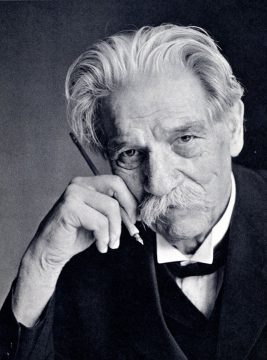
Schweitzer Fellows collaborate with community-based health and/or social service organizations to develop and implement projects that address the root causes of health disparities in under-resourced communities, while also fulfilling their academic responsibilities. Each fellow works under the guidance of a community or academic mentor.
"It's always heartening to see our students improving lives through community service," said Duane Compton, Dean of the Geisel School of Medicine. “Their commitment to community service and reducing health disparities reflects Geisel’s mission of educating outstanding physicians.”
The fellowship also includes leadership development, which gives fellows an opportunity to serve as an inspiration to their peers, and others, to improve the health of those experiencing barriers to care.
“Moving their fellowship projects from initial concept to completion teaches them valuable skills in working with others in allied fields. This skill is critical to their ability to effect larger-scale change,” says Lachlan Farrow, MD, chair of the ASF board of directors.
Geisel’s medical students join the approximately 254 other 2018-19 fellows working through 14 program sites around the U.S. as well as one in Lambaréné, Gabon—the site of the hospital founded by Dr. Schweitzer in 1913.
“This is a talented and hard-working group of students who are passionate about addressing social determinants of health to improve the health and wellbeing of populations that are often overlooked,” says Nancy Gabriel, director of the New Hampshire/Vermont chapter of ASF. “They have partnered with an impressive range of community-based groups and it will be exciting to see the measurable impact of their projects.”
Geisel’s newest Schweitzer fellows are:
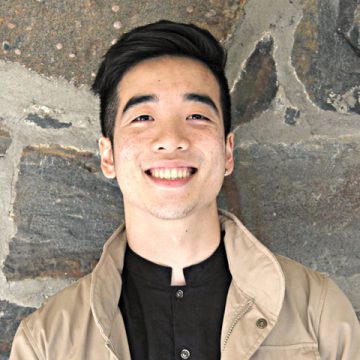
Tianrae Chu, will work with teenagers at The Junction Youth Center to promote understanding of healthy relationships, consent, and safe sex. This program aims to counteract the impact of using Internet-based pornography—a nearly ubiquitous practice among teens—has on shaping sexual scripts and attitudes.
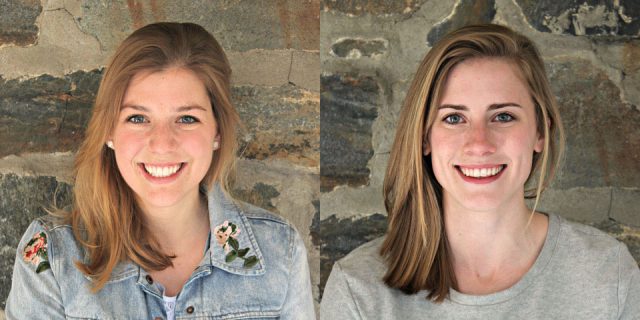
Julia Danford and Lindsay Holdcroft, aim to decrease the isolation felt among senior citizens in the Upper Valley while increasing their quality of life and access to healthcare. Partnering with Grafton County Senior Citizens Council and the Upper Valley Memory Café, they will provide in-home healthcare checkups and visits, deliver nutritious meals, and hold monthly community engagement events. The Memory Café brings together those with Alzheimer’s disease, and their caregivers, in a comfortable social environment.
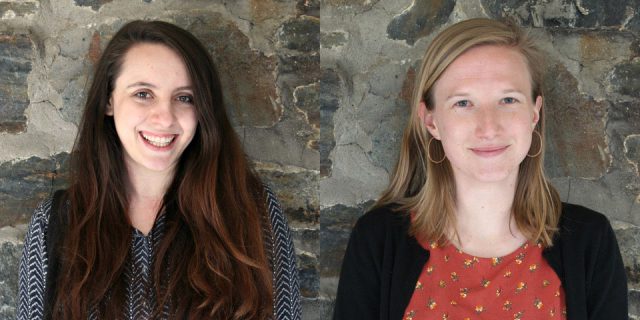
Kira Gressman and Kathryn Collier, will offer harm reduction services to intravenous drug users, including providing overdose and prevention education, clean needles, and a connection to community support resources in partnership with the HIV/HCV Resource Center. They will also work to make the program a long-term sustainable community resource for New Hampshire’s Sullivan and Grafton counties.
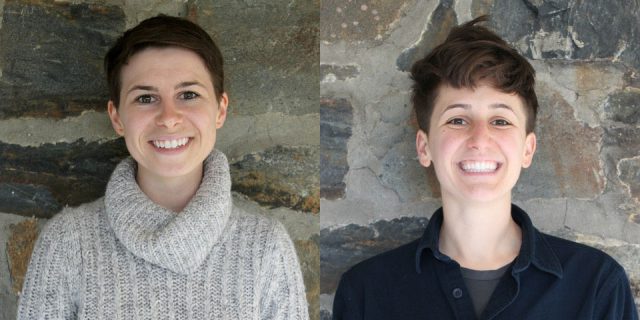
Jacqueline Gresham and Sand Mastrangelo, aim to positively influence the mental and social domains of wellness for LGBTQ+ youth via an intentional Community Mentorship Program in rural New Hampshire. Partnering with Outreach Vermont, and collaborating with Rural Outright, they seek to expand support services available to queer youth as they explore issues related to gender and sexuality.
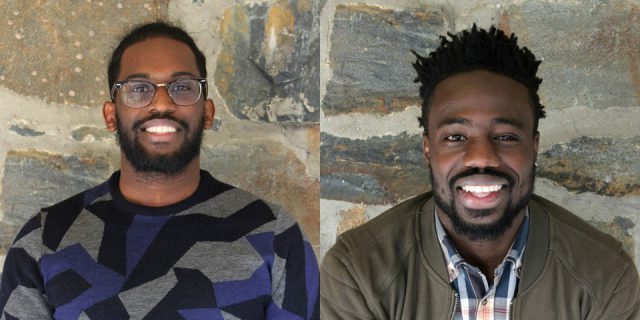
Kenneth Williams and Shuaibu Ali, will partner with Hartford High School to further develop Upper Valley STEM Scholars, which seeks to gain a deeper understanding of potential STEM careers. They will facilitate opportunities in the Upper Valley that allow students to gain exposure, engagement, and mentorship in STEM fields.